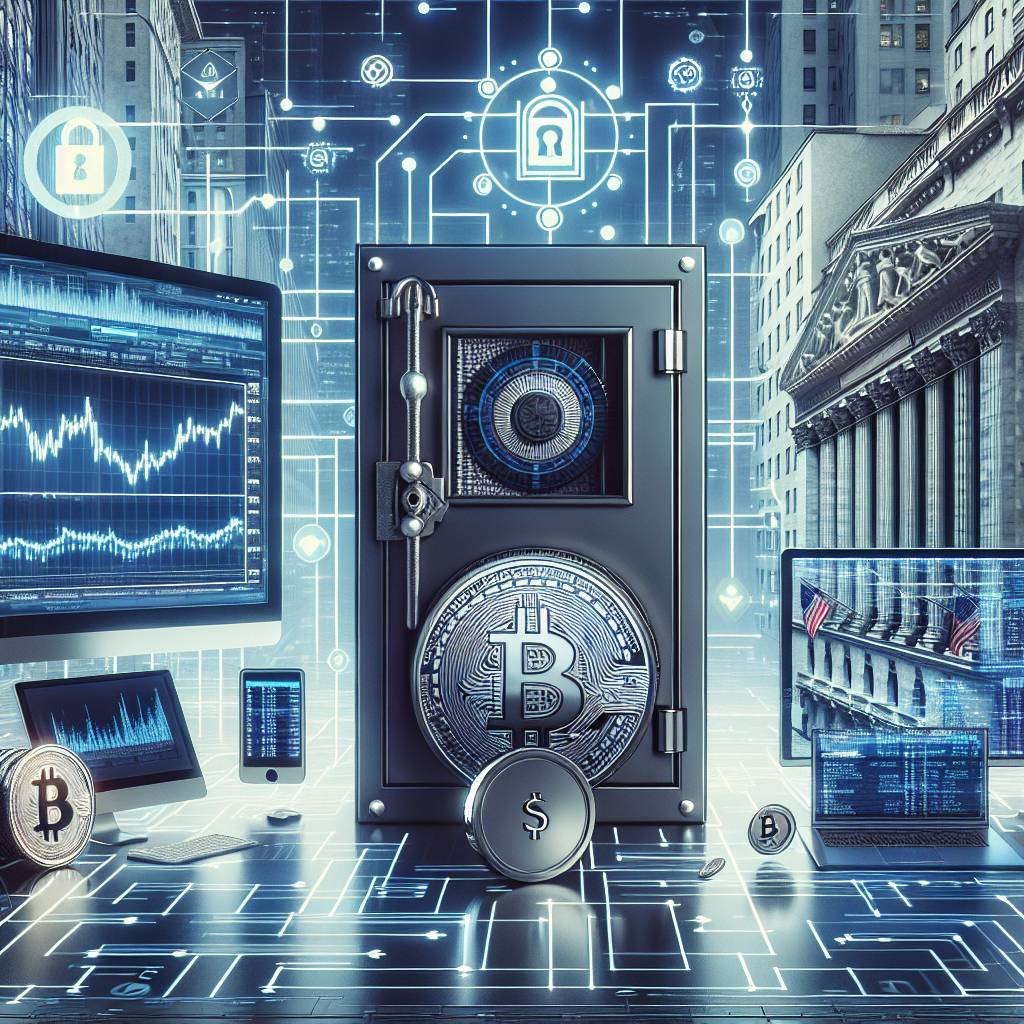What are the best practices to keep my cryptocurrency wallet secure?
I want to ensure the security of my cryptocurrency wallet. What are some best practices that I should follow to keep my wallet safe from potential threats?

3 answers
- One of the most important steps to keep your cryptocurrency wallet secure is to use a hardware wallet. Hardware wallets are physical devices that store your private keys offline, making it much harder for hackers to gain access to your funds. They provide an extra layer of security and are highly recommended by experts in the field. Make sure to purchase your hardware wallet from a reputable source and follow the manufacturer's instructions for setting it up and using it. Another important practice is to enable two-factor authentication (2FA) on your wallet. This adds an extra layer of security by requiring you to provide a second form of verification, such as a code generated by an app on your smartphone, in addition to your password. This can help protect your wallet even if your password is compromised. It's also crucial to keep your wallet software up to date. Developers regularly release updates that address security vulnerabilities and improve the overall security of the wallet. By keeping your software up to date, you can ensure that you have the latest security patches and protections. Additionally, it's important to be cautious when it comes to sharing your wallet information. Avoid sharing your private keys or wallet recovery phrases with anyone, as this information can be used to gain unauthorized access to your funds. Be wary of phishing attempts and only provide your wallet information on trusted and secure websites. Lastly, consider using a strong and unique password for your wallet. Avoid using common passwords or reusing passwords from other accounts. A strong password should be a combination of letters, numbers, and special characters. You can also use a password manager to securely store and generate complex passwords for your wallets and other online accounts.
 Jan 10, 2022 · 3 years ago
Jan 10, 2022 · 3 years ago - Securing your cryptocurrency wallet is of utmost importance to protect your funds. One best practice is to regularly backup your wallet. This ensures that even if your device is lost or damaged, you can still recover your funds. Make sure to store your backups in a secure location, such as an encrypted external hard drive or a cloud storage service with strong security measures. Another important step is to be cautious of the websites and apps you use to access your wallet. Stick to reputable and trusted platforms, and always double-check the website's URL before entering your wallet information. Be wary of fake websites that mimic popular wallet providers and aim to steal your funds. Furthermore, consider using a separate device for your cryptocurrency activities. Using a dedicated device, such as a smartphone or tablet, solely for managing your wallet can help minimize the risk of malware or keyloggers compromising your wallet's security. Educating yourself about common security threats and staying updated on the latest security practices is also crucial. Stay informed about the latest phishing techniques, malware attacks, and other potential threats. By being aware of these risks, you can take proactive measures to protect your wallet. Lastly, consider using a multi-signature wallet. This type of wallet requires multiple signatures to authorize transactions, adding an extra layer of security. It ensures that even if one of the private keys is compromised, the funds cannot be accessed without the other required signatures.
 Jan 10, 2022 · 3 years ago
Jan 10, 2022 · 3 years ago - At BYDFi, we highly recommend following these best practices to keep your cryptocurrency wallet secure. Using a hardware wallet, enabling two-factor authentication, keeping your software up to date, being cautious with sharing wallet information, and using strong passwords are all essential steps to protect your funds. Additionally, regularly backing up your wallet, using trusted platforms, and staying informed about security threats are important measures to ensure the security of your cryptocurrency wallet.
 Jan 10, 2022 · 3 years ago
Jan 10, 2022 · 3 years ago
Related Tags
Hot Questions
- 81
What are the best digital currencies to invest in right now?
- 80
What are the advantages of using cryptocurrency for online transactions?
- 79
How can I protect my digital assets from hackers?
- 63
How can I buy Bitcoin with a credit card?
- 60
How can I minimize my tax liability when dealing with cryptocurrencies?
- 50
How does cryptocurrency affect my tax return?
- 49
Are there any special tax rules for crypto investors?
- 37
What is the future of blockchain technology?
